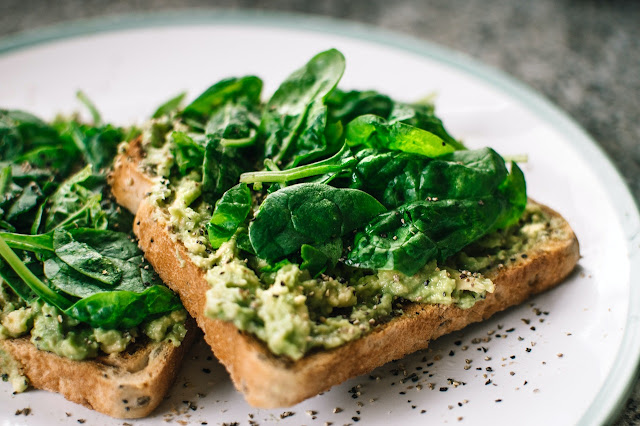
Good health is impossible without good
nutrition, and for good nutrition you need a healthy, balanced diet. You may
need to consider your intake of salt, fats, and sugar, and you should watch
your portion sizes. Include fruits and vegetables in your diet, and vary what
you eat. Reading the packaging will help you to select whole-grain foods when
buying bread, cereals, pasta, or rice. These are richer in nutrients and fiber
than the alternatives made from refined grain. As for proteins, eat small and
lean portions of meat and poultry and try to eat fish a couple of times a week,
if possible. In some lands it is also possible to find protein-rich foods from
vegetable sources.
If you eat too many sugars and solid fats, you
risk becoming overweight. To minimize this risk, drink water instead of sweet
beverages. Eat more fruit instead of sugary desserts. Limit your intake of
solid fats from such items as sausages, meat, butter, cakes, cheese, and
cookies. And instead of using solid fats for cooking, you may want to use
healthier oils.
Too much salt, or sodium, in the diet can raise
your blood pressure to an unhealthy level. If this is your problem, use the
information on food packaging to keep your sodium intake low. Instead of salt,
use herbs and spices to flavor your meals.
How much you eat can be as important as what
you eat. So, while enjoying your food, do not keep eating after you are no
longer hungry.
An issue tied to nutrition is the risk of food
poisoning. Any food can poison you if it is not prepared and stored properly.
Every year, 1 out of every 6 Americans falls sick from food poisoning. Most
recover without lasting ill effects, but some die from it. What can you do to
minimize the risk?
1. Vegetables grow in soil that may have been
treated with manure, so wash these items carefully before
preparing them.
2. Wash your hands, cutting board,
utensils, dishes, and countertops with hot, soapy water before preparing
each item.
3. To avoid cross-contamination, never
put food on a surface or plate that was previously in contact with
raw eggs, poultry, meat, or fish, without first washing that surface.
4. Cook until the food reaches the right temperature,
and promptly refrigerate any perishable items that are not going to be eaten
immediately.
5. Discard perishable items left at
room temperature for more than two hours or one hour if air temperature exceeds
90 degrees Fahrenheit (32°C).
Remember,
what we eat has direct bearing on our general wellbeing and therefore we must
always take serious precautious to keep our food safe.





